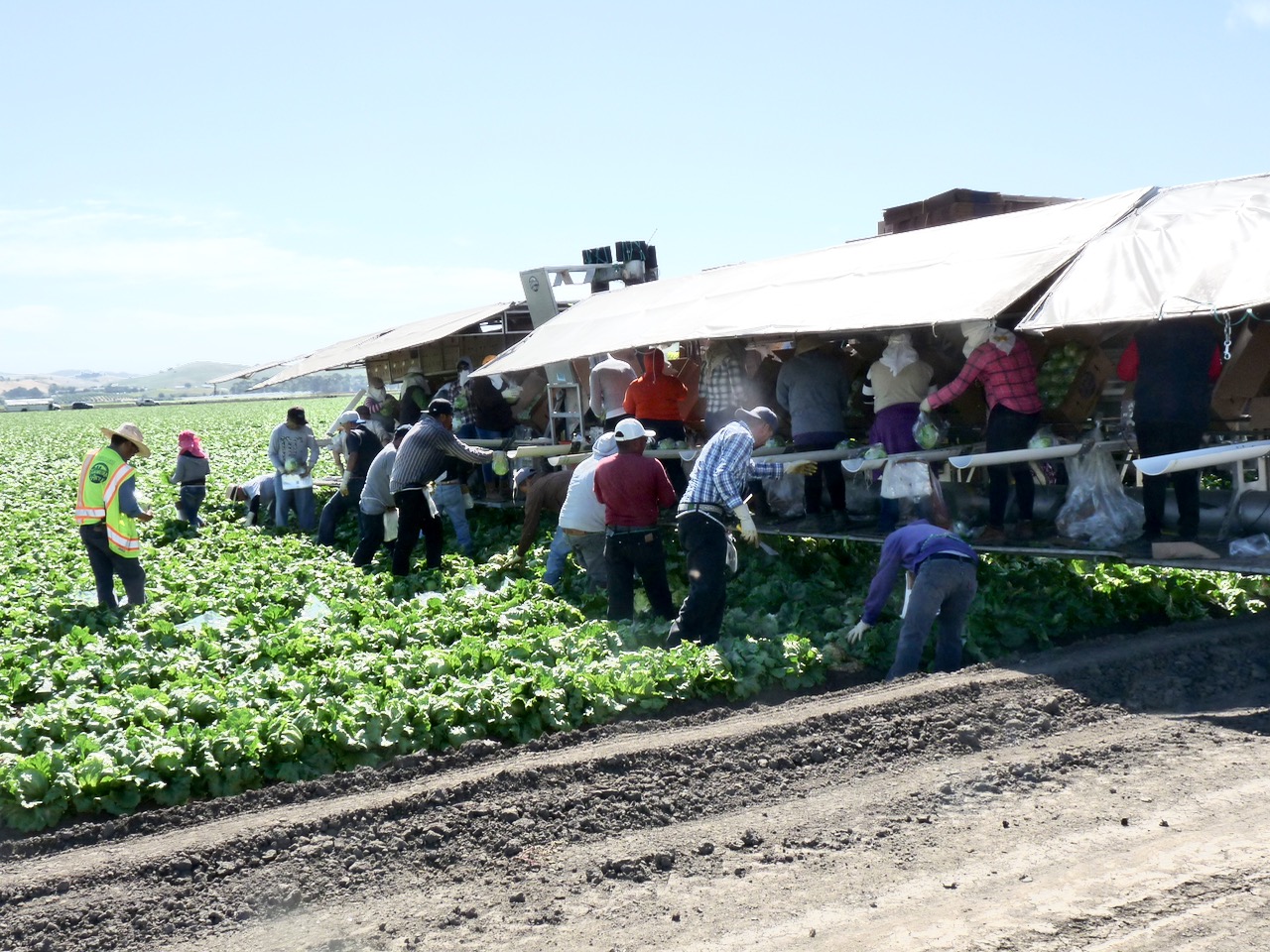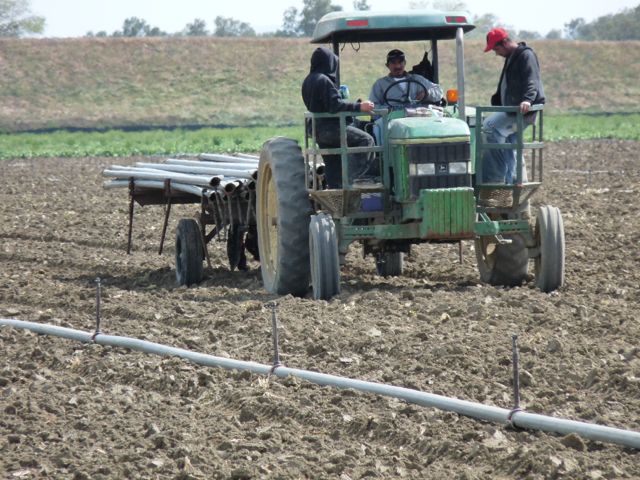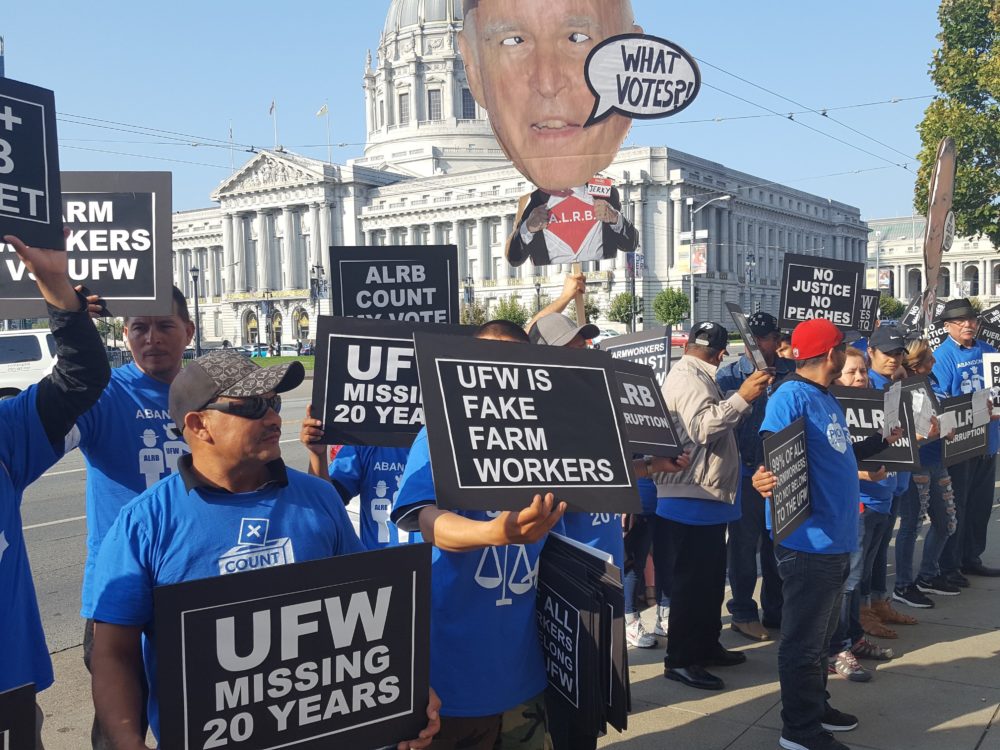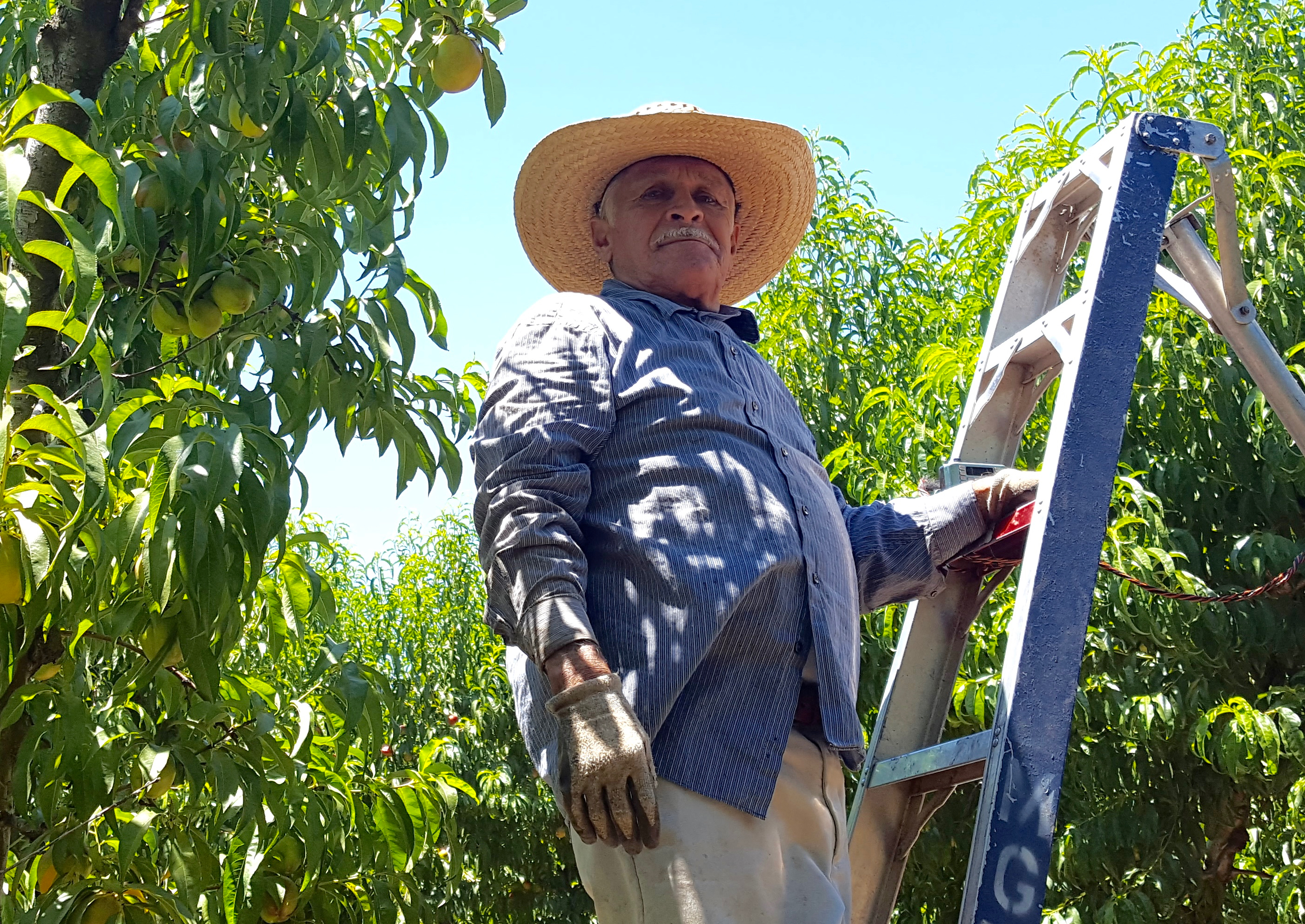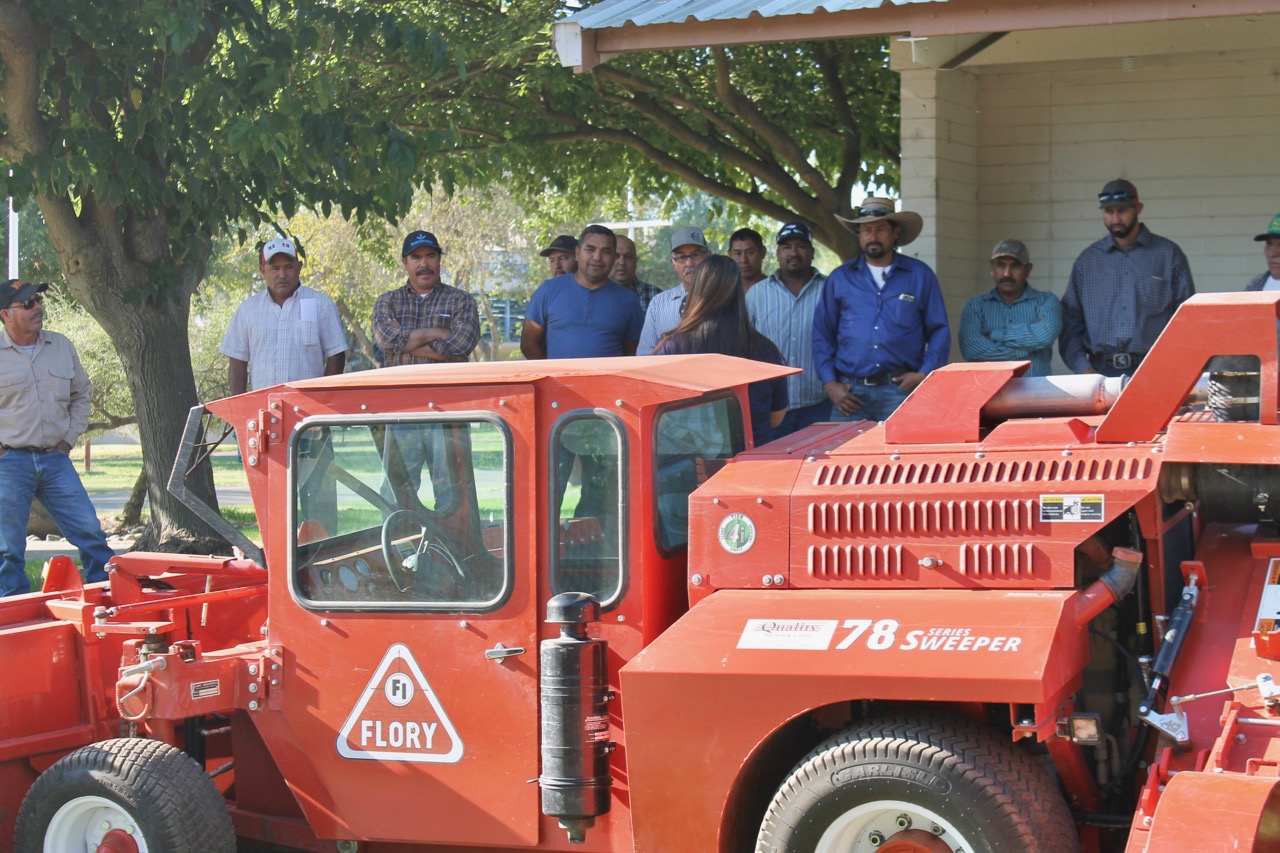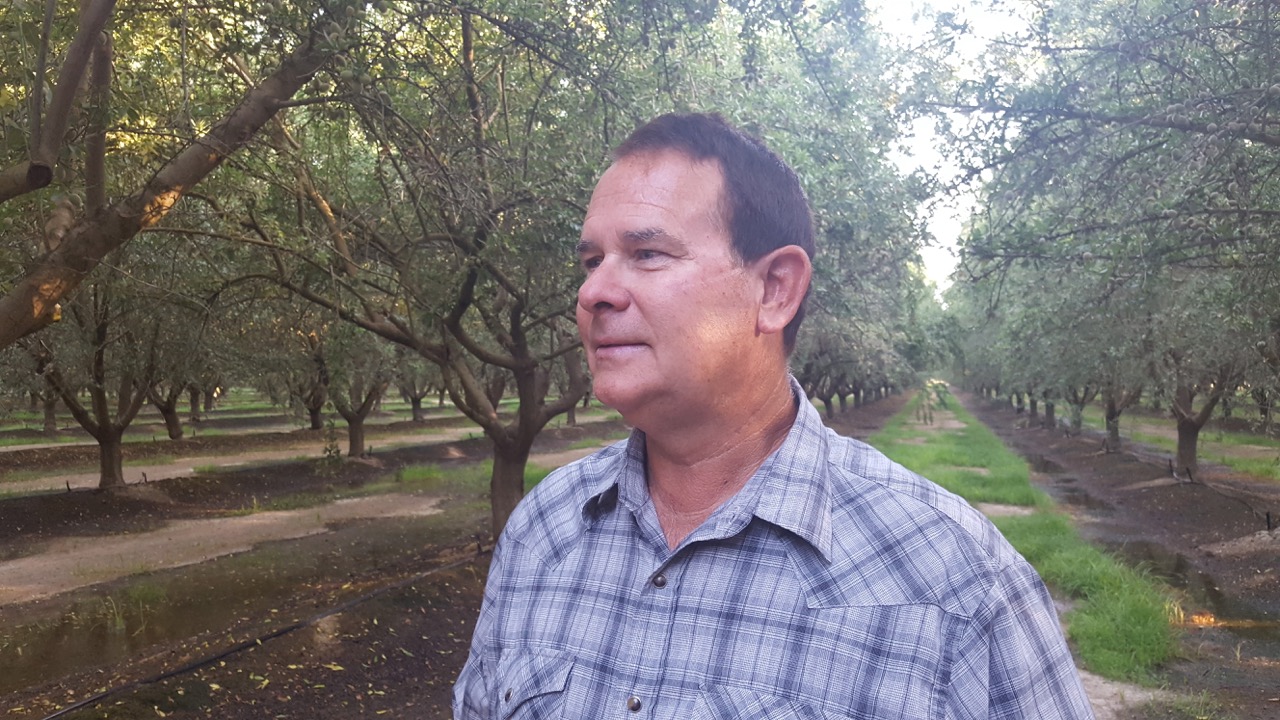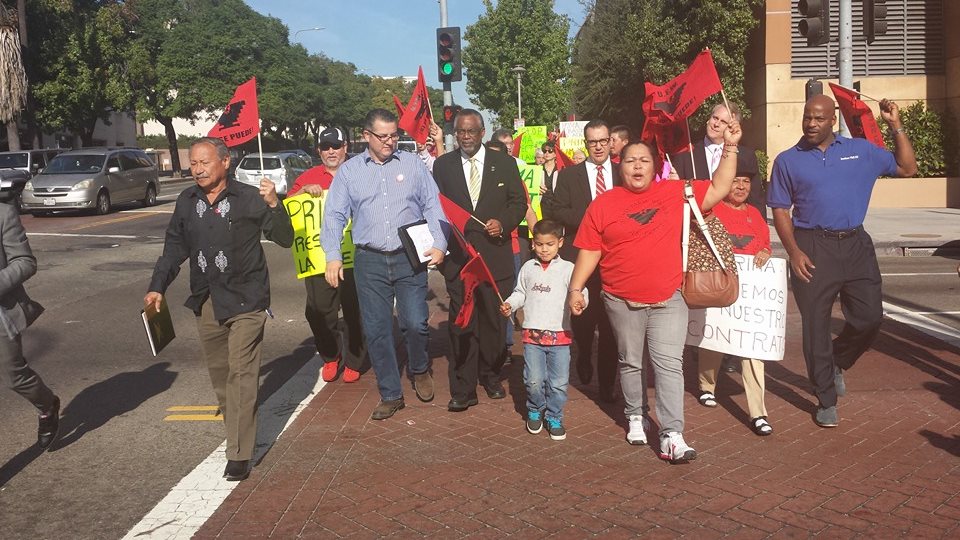Agricultural Guestworker Act Won’t Help California
Proposed Legislation Long Way from What State Needs
By Joanne Lui, Associate Editor
Virginia Congressman Bob Goodlatte’s Agricultural Guestworker Act is moving forward for the full Ag Committee to consider it, but according to Paul Wenger, President of the California Farm Bureau Federation, it’s a long way from what California needs.
“They did something with the H2C proposal. It’s a long, long, long ways from what we need here in California. We’ve been very clear on that … with Kevin McCarthy’s office, being the leader of the Republicans and really our key architect for all things that go through the Legislature, and so we’re in constant contact with Congressman McCarthy,” Wenger said.
The ag leaders in California are pretty astounded that Congress is doing anything about labor.
“We’re glad we finally got something to discuss, but there’s a long ways to go,” Wenger explained. “As it’s written, as it came through the subcommittee, there’s really nothing there that would work for our employees here in California and give us the kind of flexibility that we need, but we need a vehicle to start the discussion. … Talking to Congressman [David] Valadao’s office, Jeff Denham and others on the Republican side because it’s really got to be led by the Republicans.”
“We now need a lot more that will allow for some portability of our workforce, in order to get legal documentation for those folks that don’t have good documentation that are already here in our state working without touchback, because we know folks aren’t going to go back and stand in line for 20 years waiting for some kind of a work authorization.”

